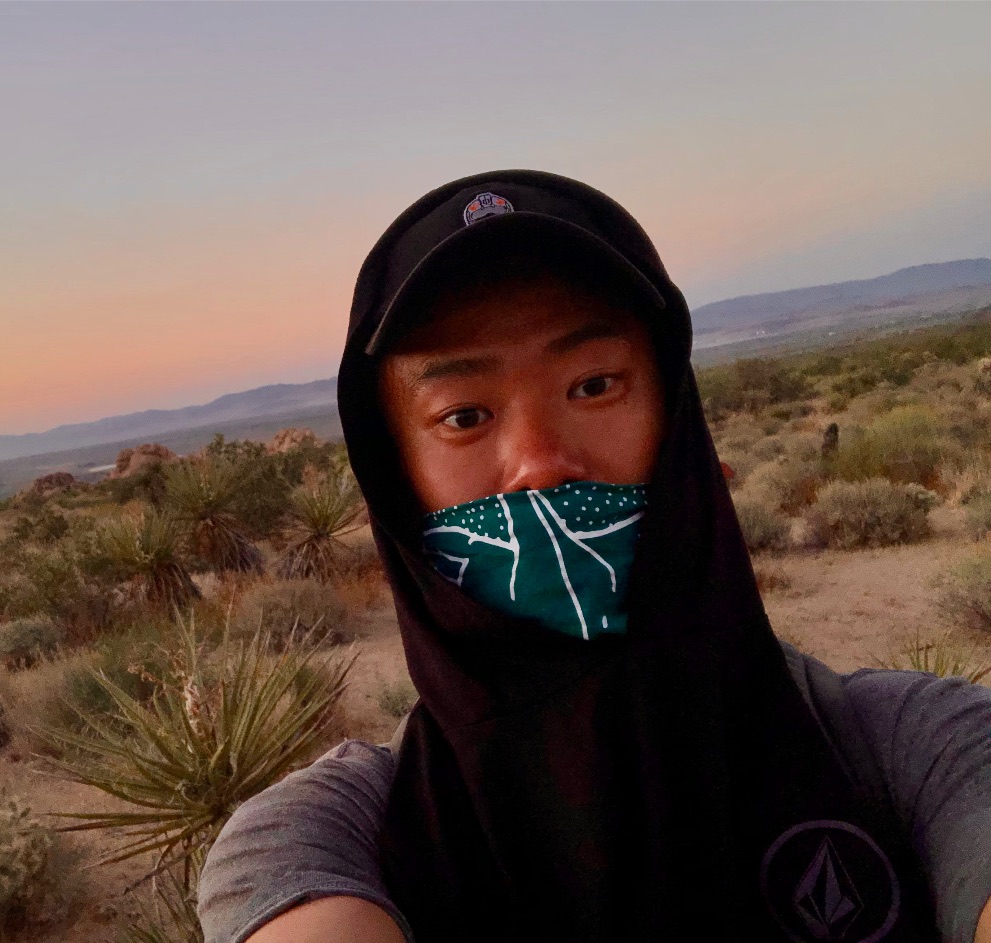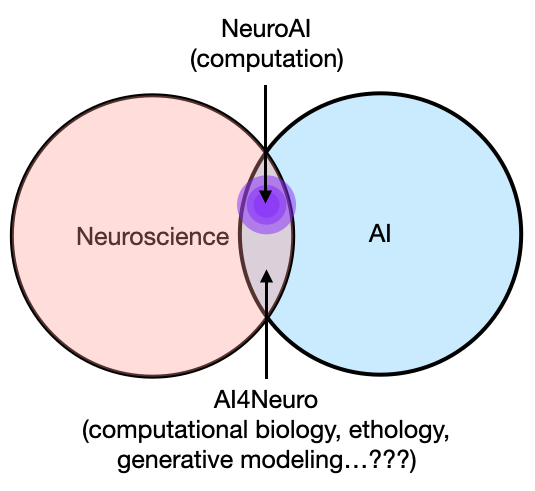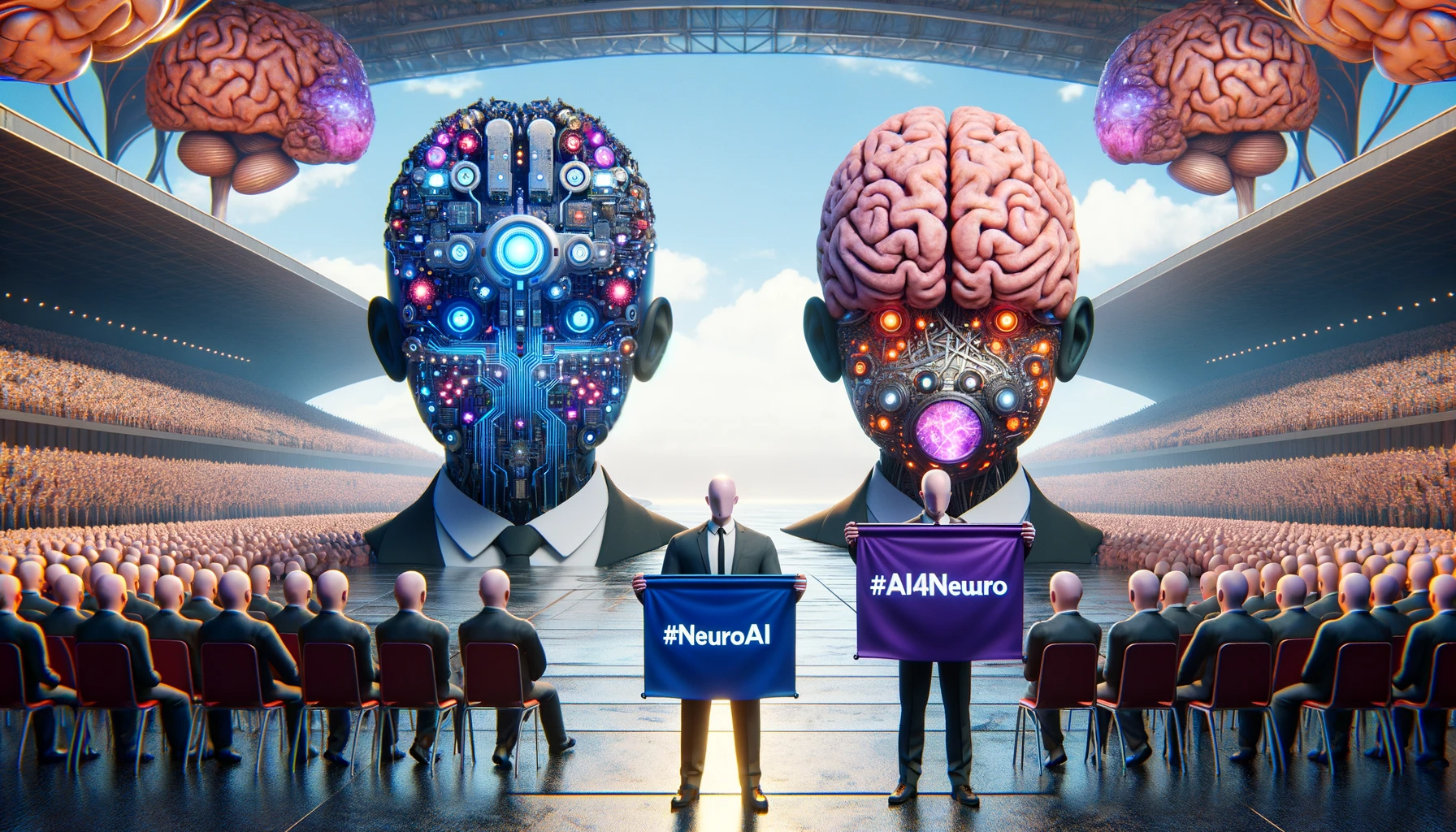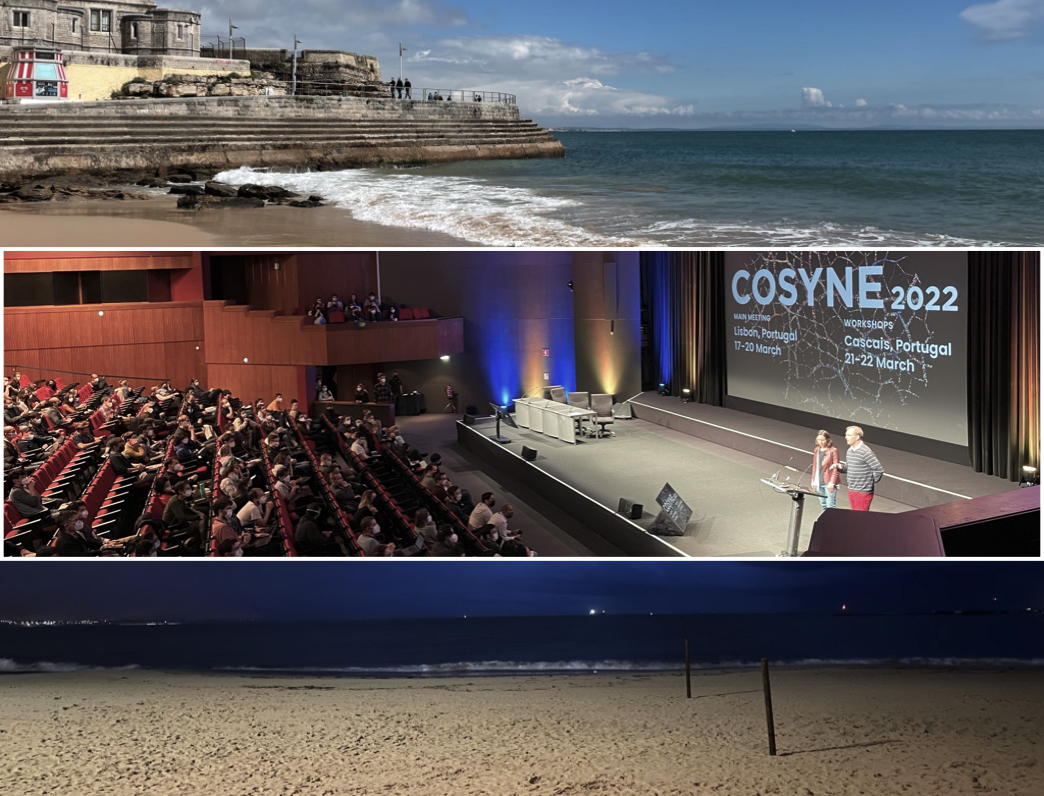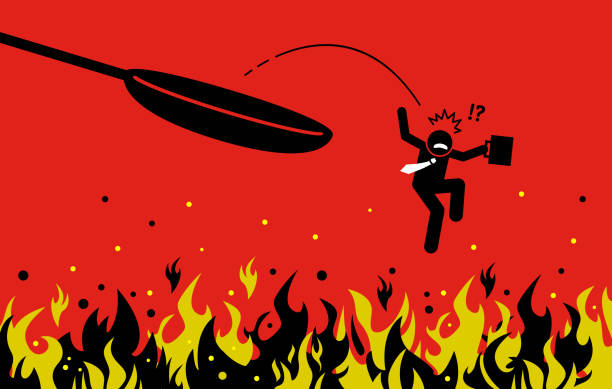I picked up The Fault In Our Stars by John Green (NERDFIGHTER) in hopes of finishing it this week so I (we, really) can watch the movie. I’m on chapter 4 right now and I’ve got some mixed feelings about it. Let me preface this by saying that my literary taste is my own, and I’m by no means a book critic, as you will see by my struggling to use the proper literary terms. That’s why this is titled “Book Thoughts”, not “Book Review”. Also, spoiler alert , probably.
After the first chapter, I must say I hated it. I’ve never read any of the Twilight books, but I imagine that it would be very close to what TFIOS feels like after one chapter. The dialogue between Hazel and Augustus was unrealistically witty and quick-paced, which made it feel artificial- even mechanical- especially for two people (TEENAGERS) that had just met. If I had to describe it using two words, it would be “teenage fantasy”. It then dawned on me that I shouldn’t have been surprised since this is probably why it was SO popular, but nevertheless I WAS surprised that John Green could produce such a work. Not that it’s bad- whatever that means- just not what I expected. Although I think I watched a lot more of Hank Green on YouTube than John Green so I’m not sure what I should expect… In any case, the book slows down a bit after the second chapter, which makes it a lot more balanced and digestable. This might also be due to the fact that I could not, at all, relate to the perspective of Hazel (a cancer-surviving 16-year-old Caucasian girl from Indiana who watches America’s Next Top Model) in the first chapter, whereas the switch of focus onto Augustus’ story in chapter two made it feel more familiar.
The most prominent thing so far is the level of detail to which JG describes the cancer-related emotions of Hazel, more so the mundane, everyday thoughts, which led me to conclude the following 3 possibilities: 1) he made it all up; 2) he was close to someone through it all; and 3) he did his homework in interviewing patients. Whichever the case, hats off to him, and despite the teenage-feel of the book, I still have high hopes for the rest of it. _____
Two more chapters in, and it reminded me that reading (fictions), aside from its primary function of imparting some story or wisdom, often ends up being a mirror that reflects who you are. It makes sense, really, since you get to experience countless things without ever needing to move from your chair, all the while being able to reflect and be selective about which of these experiences you actually liked. Back to TFIOS: after two more chapters, the whole thing has now become a polarized experience, with an extremely awkward interface that feels like what you get after mixing orange juice and milk and leave it sitting for too long. Yeah, the curdles.
The parts I enjoyed the most are the simpler dialogues and richer narratives, a la Hazel Grace. In my humble opinion, this is what real life is like: mundane and un-extraordinary conversations sprinkled between internal thoughts full of texture. It makes her very relatable, even with the whole cancer thing going on- just replace her worries with the worries of your own. The parts I hated are, still, the extravagantly witty correspondence between Hazel Grace and Gus- actually just Gus in general. Not because he’s a bad guy, not at all, and this corresponds to the part about how the book becomes a reflection of yourself. Gus reminded me of my teenage years, trying so hard to say the right words with the right balance of wit and humor in the right quantity. It’s calculated and difficult. The fact that he does it so effortlessly makes it even easier to dislike him. Worse yet, what he represents- (one-legged) knight in a shining armor- reminds me of how much I hate teen fiction and rom-coms. Put it crudely, this is an erotic novel for teenage girls. To be honest, though, there were moments where I can almost enjoy it in a giddy, guilty- pleasure kind of way, especially the interaction between the two. Almost. Which is why I don’t usually read books like this. Here’s the kick in the balls though: you hate Gus because he’s the perfect guy (again, leg thing notwithstanding…), but you root for him because he makes her so, damn, happy (hoooold up hold up hold up, FLYING TO AMSTERDAM, GUUURL?!?). Literally, he’s the boyfriend you always wish you could be, but would hate when he’s the guy that shows you up in front of all the girls.
Screw you John Green, for raising yet again girls’ expectation of guys, while making guys feel inadequate. Or is it just me?
June 21
Alright, so I ended up reading the rest of the book (25 chapters in all, so ~18 chapters) in two days. I didn’t have an opportunity to organize my thoughts into something coherent after every couple of chapters, but for some reason I had the foresight to take screenshots of the pages in which a particular section triggered some thought, so I was able to leverage that to formulate these comments because otherwise I would have forgotten about it for sure.
The book, as a whole, got much better from the first chapter (by which I mean, again, I like it more) as it came down to Earth and the interactions between all parties felt very real, which I guess was JG’s intended effect, although you never know since most of the cheeseball Twilight stuff is still present. There are a lot more of the observations that I like, in place of those witty conversations, for example, the following:
“The weird thing about houses is that they almost always look like nothing is happening inside of them, even though they contain most of our lives.”
This feels very John Green-y, which I liked, probably because this is the exact kind of thing I would say to annoy the hell out of my friends. Aside from these neat tidbits, though, I really enjoyed these other aspects of the book as the story matured:
1. The existential crisis faced by Augustus, as a dying teen and as a person in general. For one, I can relate to his obsession, which, of course, made the book more enjoyable as a whole. I don’t know what to make of my own desperate attempt to leave a mark in this world, with one particular exchange between Hazel Grace and Augustus haunting my conscience, which entails the question: how many lives do you have to touch to feel like it was enough? I won’t get into this topic here with regards to my personal views, but yeah, I enjoyed it. Side note, it was revealed that Hazel Grace liked the real Augustus than the charismatic Augustus, which is obviously the whole point of the book (really, this being its redeeming quality to set itself apart from Twilight), but I still enjoyed that revelation which made me like her more.
2. The novelization of a particular story into something much more magnificent than it is, merely because it was told. I can’t remember exactly where, but at some point in the story, I thought to myself, well what about all the other kids that have cancer? Would the story have been told the way it is if they weren’t two upper-middle class Caucasian kids? Or if Gus wasn’t as good-looking as he was, would the book have existed at all? What made this pair of cancer stories more significant than any others? Because it was fake? Yes, I do realize that it is a novel and that none of this was real, but the point is that, the stories we hear serve as prototypes in our minds, and we compare every other [real-life] cancer story, or whatever story, to their fictionalized counterparts. John Green, being the genius he is, touched upon that directly a few chapters later, as HG examined the book of names at the Anne Frank house. It didn’t feel like a satisfactory enough answer, but he’s not the arbiter of all truth so it doesn’t really matter, besides, I don’t know what would have been a satisfactory enough answer to start with.
3. I always thought, from the outset, the two kids were idiots for wanting to get the answer out of Van Houten, regarding what had happened to Anna’s mom and the hamster and whatever else. However childish they were, though, they remind us of our own childish whims, our needs to seek answers from an arbitrary universe. I’m starting to think that, the day we grow up is the day where we realize it, “shit, nobody here knows the truth any more than I do”- not our parents, not the government, and especially not our science teachers.
There were some other things, and I might add to this as I think about it some more, but this is the meat of my cursory analysis. As a whole, it’s a good short read and I enjoyed this book. It’s insightful (a la John Green), funny (again), honest, and lively. I enjoyed it like you would enjoy a movie with a good moral and some great actions (aka the romance)- except I didn’t quite get off on the actions. I mean there were parts, as I wrote before, that made me think and appreciate the emotional aspect of this whole ordeal. But yeah, it’s just not my genre of book. Actually, that’s a great analogy (so proud of myself): reading TFIOS as a 23-year old male is like watching the Dark Knight trilogy but not knowing who the fuck Batman is and not caring about the action, while appreciating the chaos and struggle. I don’t know who these people are, but I feel like them. Meanwhile, I guess I didn’t like it more because it wasn’t really a happy ending. I mean, even before I picked up the book I knew one of them was going to die in the end. Still, who doesn’t like a happy ending? But then again, this is as real life as real life gets, so, kudos to John Green for keepin’ it real.
